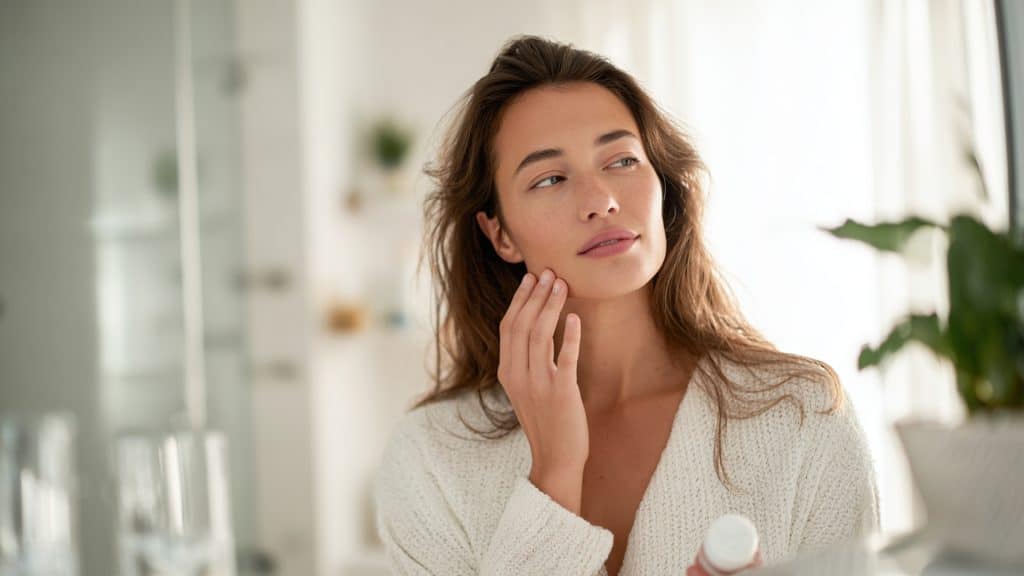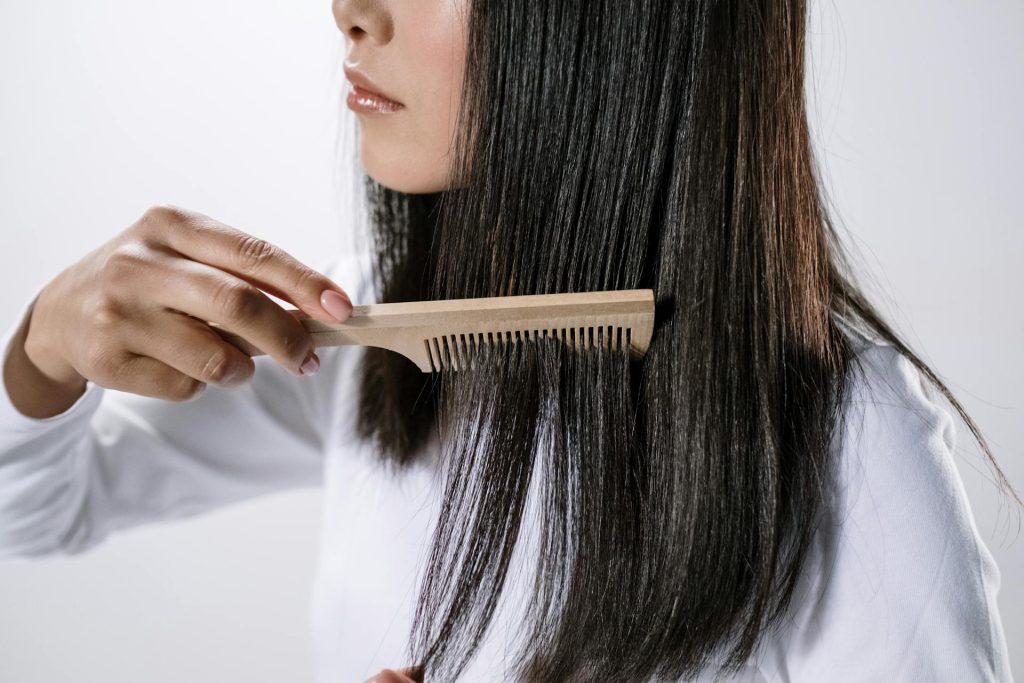Thinking about trying spironolactone for your stubborn acne? Many people wonder about spironolactone side effects for acne before starting this popular treatment.
This medicine can really help with hormonal breakouts, especially for adult women who’ve tried everything else. But like all medications, it comes with both benefits and risks.
Understanding what to expect can help you make an informed decision about your doctor. From mild effects like dizziness to more serious concerns, we’ll explain what you need to know.
Here are the important facts about spironolactone so you can feel confident about your acne treatment.
What is Hormonal Acne?
Hormonal acne happens when changes in your hormones cause your skin to break out, often with painful bumps around the jawline and chin. This type of acne is common in conditions like PCOS (Polycystic Ovary Syndrome).
Many usual acne treatments don’t work well because they don’t target the hormones causing the problem. Instead, these treatments focus only on the skin’s surface.
Spironolactone is a medicine that helps by blocking the hormones that cause acne. It works from the inside, reducing oil production and helping to clear up hormonal acne more effectively than typical creams or washes.
How Does Spironolactone Work for Acne?

Spironolactone works by blocking androgens, the hormones that tell the skin to make more oil. When these hormones are blocked, the skin produces less oil, which helps prevent pores from becoming clogged.
This can lead to fewer pimples and less redness. It also helps calm the skin and reduce swelling around breakouts. This treatment is especially helpful for adult women with acne that hasn’t improved with other treatments.
Spironolactone does not work right away. It may take a few weeks or even a few months to see clear results. But for many people, it can be a helpful long-term solution for hormonal acne.
How Effective is Spironolactone for Acne?
Spironolactone has been shown to work well for many people with hormonal acne. Clinical studies and real-life reports say that most users see fewer breakouts and smoother skin after using it for a few months.
Some people notice small changes in the first few weeks, but full results often take 3 to 6 months. It works best for adult women, especially those with acne on their chin, jawline, or neck.
People with acne that hasn’t improved with creams or antibiotics may find this treatment helpful. While it’s not a cure for everyone, many users say it made a big difference in their skin over time.
Common Side Effects of Spironolactone for Acne

Spironolactone is generally safe, but like all medicines, it can cause side effects. Most of these are mild and go away with time or dose changes. Below are some of the most common ones to expect:
1. You Might Be Peeing More
Because spironolactone is a water pill, it can make you go to the bathroom more often. This may also cause you to feel thirstier than usual.
Drinking enough water during the day can help. These symptoms are usually mild and not harmful. Most people get used to this side effect after a few weeks.
2. Feeling Lightheaded or Nauseous at First
Some people feel lightheaded, get headaches, or feel a bit sick to their stomach when they first start spironolactone.
These side effects often occur when the dose is too high initially. Taking the medicine with food and drinking water can help. If the symptoms don’t go away, it’s a good idea to talk to your doctor.
3. Period Changes that Can Happen
Spironolactone may affect your period. Some people get irregular periods, spotting, or missed cycles. This happens because the medicine changes hormone levels.
Birth control pills are sometimes given along with spironolactone to help manage this. These changes are usually not dangerous but can be annoying. If they continue, speak with your doctor.
4. How Often These Side Effects Happen
Most side effects are mild and happen during the first few weeks of treatment. Many people don’t have any major problems.
If side effects do happen, lowering the dose or making small changes can help. Your doctor will guide you if anything feels off. Always share any new symptoms so they can adjust your treatment if needed.
Less Common and Serious Side Effects to Know About

Most people taking spironolactone have only mild side effects. But in rare cases, more serious issues can happen. It’s good to know what to watch for so you can get help if needed.
- High Potassium Levels: Can cause tiredness, muscle weakness, or a fast heartbeat.
- Breast Changes: Tenderness or swelling, more often in men.
- Allergic Reactions: Rash, itching, or swelling.
- Liver Problems: Signs include yellowing of the skin or dark urine.
These serious side effects are rare, but don’t ignore warning signs. Contact your doctor immediately if you experience any of these symptoms. Regular check-ups help catch problems early and keep you safe.
Who Should Consider Spironolactone and Who Should Avoid It?
Spironolactone isn’t right for everyone. Here’s who might benefit from this treatment and who should avoid it. Your doctor will help decide if it’s right for you.
| Who Should Consider It | Who Should Avoid It | Use with Caution If |
|---|---|---|
| Adult women with hormonal acne (jawline/chin) | Pregnant or breastfeeding women | You have kidney problems |
| People with acne that didn’t respond to topicals | Men (risk of breast changes and hormone effects) | You take medications that raise potassium levels |
| Those with PCOS-related acne | People with Addison’s disease or other hormone disorders | You have heart issues or an irregular heartbeat |
Always tell your doctor about all your health conditions and medications before starting spironolactone. They can help decide if it’s the right choice for your specific situation.
Tips to Get the Best Results and Avoid Side Effects

Following these simple tips can help you get better results from spironolactone while reducing your risk of side effects. Most side effects can be managed with the right approach.
- Start with a low dose and increase slowly if needed.
- Drink plenty of water to stay hydrated.
- Avoid eating too many high-potassium foods.
- Pair with birth control or topicals if your doctor recommends it.
- Get regular check-ups to track your progress and lab results.
Remember, everyone responds differently to spironolactone. Be patient with the process and stay in close contact with your doctor to get the best results safely.
Summing It Up
Now you know the truth about spironolactone side effects for acne. While most people handle this medication well, being informed helps you spot any problems early.
Remember, the benefits often outweigh the risks for many people with hormonal acne. Work closely with your doctor, follow their advice, and be patient with the process.
Your path to clearer skin might take time, but it’s worth it. Have you tried spironolactone for acne? Share your experience in the comments below and help others learn from your story.






